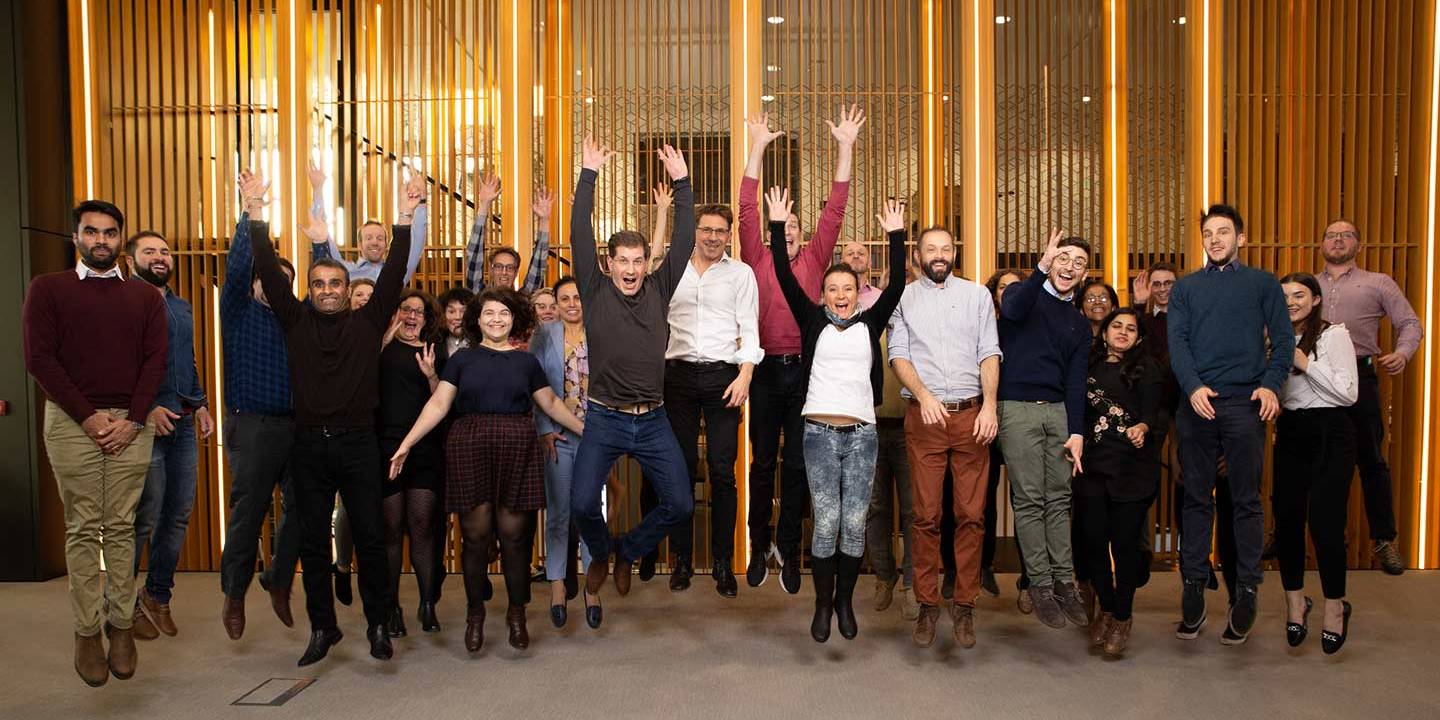bit.bio is developing a scalable technology platform capable of producing consistent batches of every human cell.
Coding cells for health
bit.bio combines the fields of coding and biology to create unlimited supplies of any human cell.
Cells are the building blocks of life. And it’s the genes inside them that govern their behaviour, allow them to be dynamic, adaptable, intelligent.
This is what makes cells as therapies such an exciting prospect. Therapies that are bespoke, personalised to the individual.
But the problem is there is no consistent, scalable supply of cells. Until now. Our cell coding technology platform solves this problem.
How do we code cells?
Cells are the building blocks of life and they are a self assembling system. The DNA in our cells contains what we call the software of life. And in that software are the programs that control every function of a cell and are able tell a cell to turn into a muscle cell, a brain cell or any other type of cell. Control these programs and you can control a cell’s identity with precision.
To get the programs for one cell type to run, all that’s needed is a set of master codes. These are called transcription factors and are a specific type of gene. They jumpstart the right set of programs to give you the cell you want.
Every cell type has a corresponding combination of transcription factors.
So all you need to program a cell is that code and the technology to engineer it into the DNA of a cell so it runs with no problems. One of the biggest problems in cell programming is that cells spot the code and silence it.
Our technology platform overcomes this problem and combines both of these capabilities.
Our technology platform
Opti-ox is our gene engineering tool that allows us to code cells with precision. It delivers the transcription factor code directly to a cell’s DNA. The power of opti-ox is that it’s consistent. Every time it activates a code, a cell is programmed exactly as we want. This means it finally delivers a scalable solution for manufacturing human cells because the result is the same every time.
Our Discovery platform is leveraging the power of big data and machine learning to hunt for the transcription factor codes for every human cell type.
The technology has already led to two cell products in the market for research: ioGlutamatergic Neurons and ioSkeletal Myocytes.
But our ambition is to impact across more than research with our cells. We are focused on forming partnerships and alliances to bring cells to all areas of medicine development.
And to bring them directly to patients in the form of cell therapies, the next generation of medicine.
Our moonshot goal is to create unlimited supplies of every human cell.

Cambridge - where it all started
Work started on what is now bit.bio’s opti-ox technology in 2012, in founder and CEO Mark Kotter’s research lab at Cambridge University. In 2017, his team showed that opti-ox works reliably in producing three different human cell types from human stem cells: neurons, oligodendrocytes and myocytes. In 2019, a year after bit.bio was formed the first products were launched.
The company has always been located in Cambridge and is currently building its own headquarters on the vibrant Babraham Campus.


